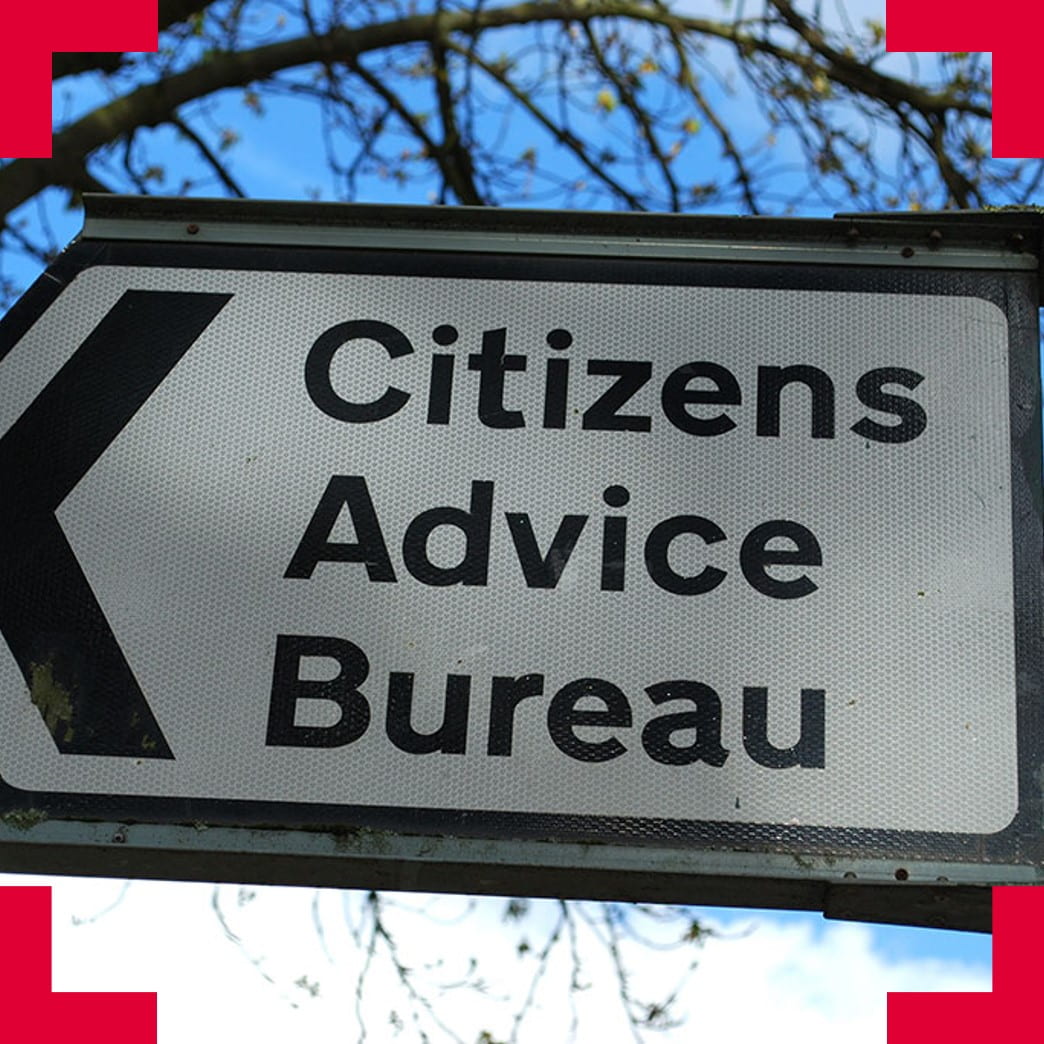-

Emerging research suggests autism is disproportionately overrepresented in homeless populations (Churchard et al. 2018). Autistic narratives of homelessness (Stone 2019) have highlighted significant barriers to service access and engagement. A key concern relates to the unsuitability of accommodation provision in …

Brigstow brings researchers from different disciplines together with a range of partners across the city and beyond to experiment in new ways of living and being.








